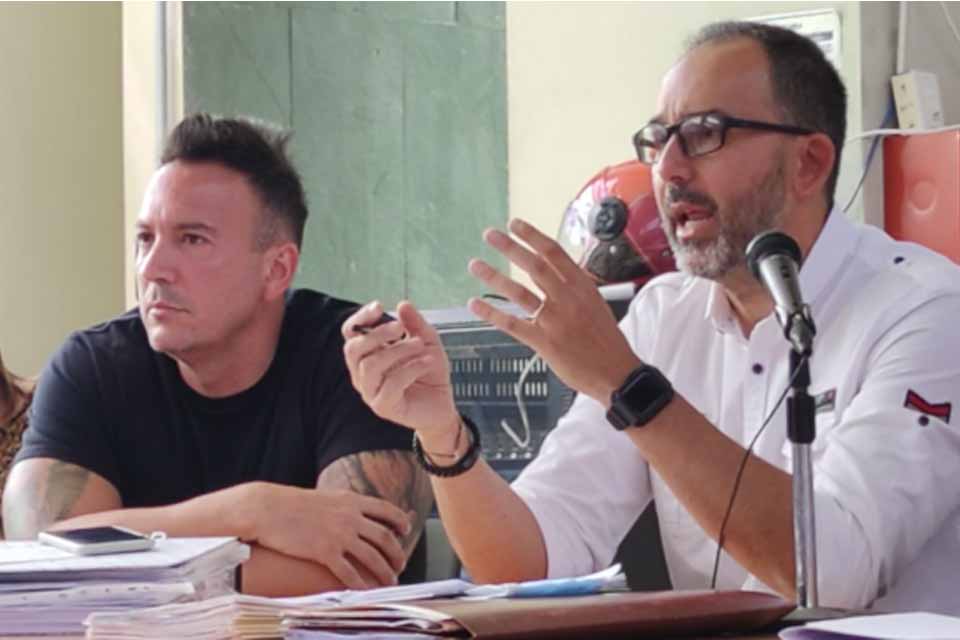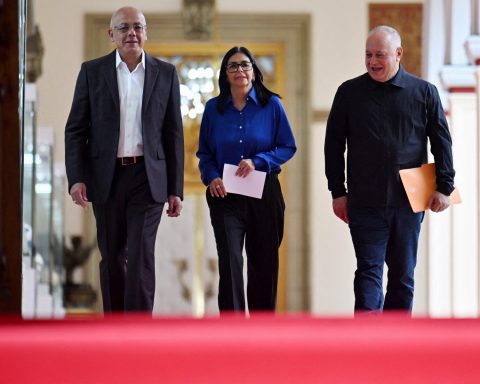A delegation of doctors and specialists from the Ministry of Health of Angola is carrying out this week a series of visits and meetings in Brasília, Belo Horizonte and Salvador. The proposal is to resume bilateral cooperation with the country, especially in the area of blood and blood products. The African country faces a serious public health problem: sickle cell anemia.
By 2020, there were 11,540 registered cases of the disease. The official estimate is that almost 2% of live births in Angola have this type of hemoglobinopathy. The rate of people with the so-called sickle cell trait, a genetic mutation in which the disease does not manifest itself, but which can be passed on to children, is almost 20% in the country.
The delegation’s technical visit to Brazil includes a videoconference to present a distance learning (EAD) course on the heel prick test, capable of detecting sickle cell anemia. The action involves neonatal screening technicians from the Brazilian Ministry of Health and professors from the Federal University of Paraná (UFPR). The proposal is to implement a national policy on sickle cell disease in Angola.
“We chose Brazil for being a reference in Latin America and worldwide in the approach to people with sickle cell disease”, explained the director of the Institute of Hematology of Angola and head of the mission in Brazil, Francisco Domingos.
“We started, through a pilot project, to implement Brazil’s experience with the heel prick test. We are not going to do as Brazil does, with [teste para] several diseases. Let’s start [apenas] by sickle cell anemia”.
The cooperation, according to Domingos, also provides for projects to qualify blood donation in Angola, as donations in the country only take place between family members. Angola currently processes around 80 blood bags a day, totaling 150,000 a year, but only 20% come from volunteers. The idea is to use the Brazilian experience in attracting volunteers to expand and qualify the process in Angola.















